.jpg)
Resolution No. 70-NQ/TW dated August 20, 2025 of the Politburo on ensuring national energy security until 2030, with a vision to 2045, has just been issued, marking a new milestone in the process of reform and ensuring national energy security.
In the direction of competitive market
After 5 years of implementing Resolution No. 55-NQ/TW dated February 11, 2020 of the Politburo on the orientation of Vietnam's National Energy Development Strategy to 2030, with a vision to 2045, the energy sector has achieved many important results but also revealed many limitations: the competitive market is developing slowly, the management mechanism is still inadequate, many projects are behind schedule, and are heavily dependent on imports. In that context, Resolution No. 70-NQ/TW was born not only to inherit but also to go straight to the core issues, with the requirement of institutional breakthroughs, market expansion and attracting all social resources.
Dr. Nguyen Quoc Viet, economic expert, former Deputy Director of the Vietnam Institute for Economic and Policy Research (VEPR), University of Economics - Vietnam National University, Hanoi, said that the highlight of Resolution 70 is the determination in institutional reform, removing the "bottleneck of all bottlenecks", from which the Resolution has set a clear goal of quickly completing the restructuring of the electricity industry according to the competitive market roadmap set out in Resolution 55.
Mr. Viet emphasized that the resolution has affirmed the urgency and concretized the principle of equality and non-discrimination, thereby creating opportunities for the private sector to participate more strongly in all stages of supply, production and services in the electricity market, as well as ensuring the right of electricity customers to choose and access electricity suppliers that suit their needs is a key step to forming a truly competitive electricity market.
Notably, the resolution also directs the gradual socialization of the transmission, distribution and retail of electricity - a sector that has long been dominated by the Vietnam Electricity Group (EVN). When the retail electricity market is opened, consumers will directly benefit: transparent electricity prices, more diverse services, including "green electricity" packages in line with sustainable development goals.
In addition, Resolution 70 also encourages investment in energy storage infrastructure such as batteries, LNG warehouses, and petroleum warehouses. This is a fertile land for private enterprises, especially in the context of rapid but unstable development of wind and solar power.
Mr. Viet also said that public-private partnerships (PPP) need to be designed more transparently to attract capital, in parallel with promoting research, technology development and innovation, thereby orienting the building of a modern, smart and sustainable energy industry.
The Resolution emphasizes the formation of national energy industry centers, synchronous development of infrastructure from production, transmission, distribution to use of new forms of energy such as hydrogen, green ammonia... This is an ecosystem mindset, aiming at mastering technology, innovation and sustainable development for the energy industry.
Prof. Dr. Ngo Tri Long, former Director of the Institute for Price Market Research, said that the transition from a monopoly mindset to a transparent market mechanism is an important turning point for the electricity industry. People and businesses now have the opportunity to choose suppliers instead of depending on only one unit, EVN. According to Mr. Long, this change both promotes reform and opens up space for the private sector to assert its position in strategic fields.
Although EVN no longer has a monopoly on power generation, the group still plays the sole role of wholesaler, controlling both transmission and retail. This model has lasted for many years, causing the market to operate in a distorted manner, and electricity prices have not yet reflected supply and demand. Therefore, Resolution 70 requires the early implementation of a direct power purchase agreement (DPPA) between power generators and large customers, and the development of transparent, long-term contracts to ensure legitimate rights for investors.
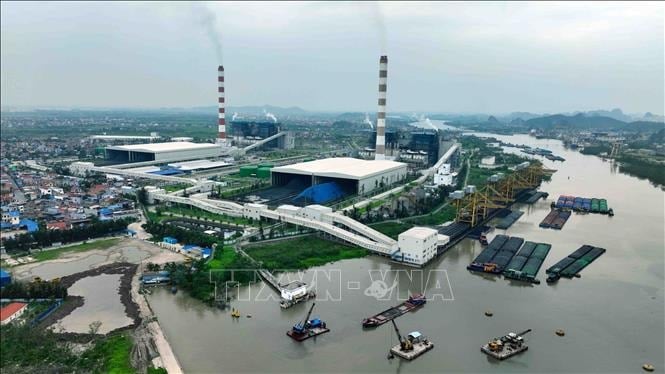
Strengthening energy security
Deputy Minister of Industry and Trade Nguyen Hoang Long said that Resolution 55 laid the foundation, and Resolution 70 was built after more than 6 months of urgent work, with the spirit of "looking straight at the truth, analyzing the situation correctly". Mr. Long emphasized: "Resolution 70 is not only the result of hard work but also a guiding light for the whole industry in the new period".
According to the Deputy Minister, from now on, implementation will be the most difficult step, requiring drastic action, no longer the concept of "progressing step by step", but "doing it now, doing it right away". The Ministry of Industry and Trade plays a core role, coordinating with ministries, businesses and localities, to turn the resolution into concrete actions.
EVN General Director Nguyen Anh Tuan affirmed that the resolution is an important basis for EVN to concretize its action program, including the application of a two-component electricity price mechanism. Representative of the Vietnam National Industry and Energy Group (Petrovietnam), Mr. Phan Tu Giang, assessed that Resolution No. 70-NQ/TW is more open than Resolution No. 55-NQ/TW, thereby creating favorable conditions for investment activities.
Mr. Nguyen Duc Ninh, General Director of the National Electricity System and Market Operation One Member Limited Liability Company (NSMO), emphasized that the implementation must be synchronous and drastic, because the period 2027 - 2032 will be the biggest challenge in ensuring electricity supply.
Overall, Resolution 70 both inherits and enhances previous orientations. The new point is its determination and specificity, from the requirement to end the monopoly mechanism to encourage market competition, from developing new energy sources to building a comprehensive energy industry ecosystem.
Developing clean and renewable energy sources is being identified by Hai Phong city as one of the top priorities in industrial parks and economic zones. This is not only an important solution to ensure sustainable development and realize the goal of green growth, but also meets the increasing expectations of international investors, towards the commitment to achieve net zero emissions by 2050.
Source: https://baohaiphong.vn/buoc-ngoat-trong-chinh-sach-nang-luong-520165.html







![[Photo] Prime Minister Pham Minh Chinh chairs the second meeting of the Steering Committee on private economic development.](https://vphoto.vietnam.vn/thumb/1200x675/vietnam/resource/IMAGE/2025/11/01/1762006716873_dsc-9145-jpg.webp)
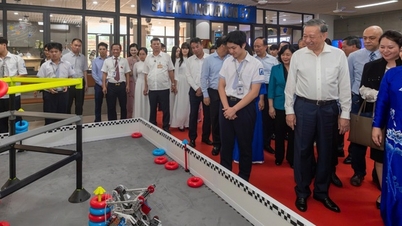

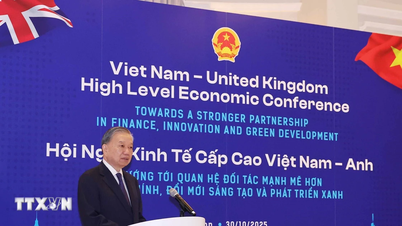



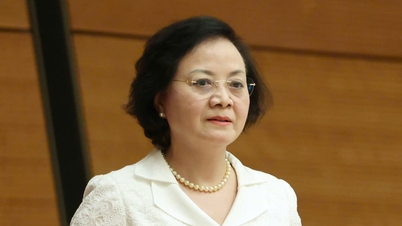

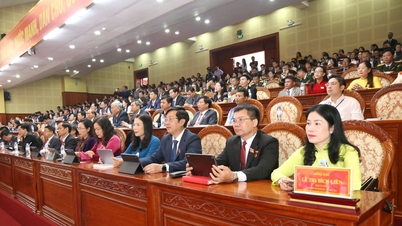

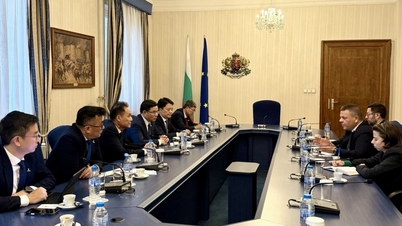




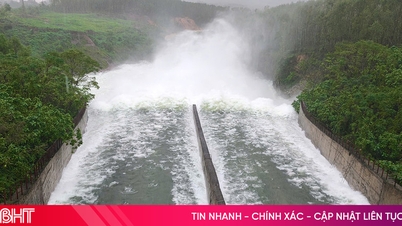




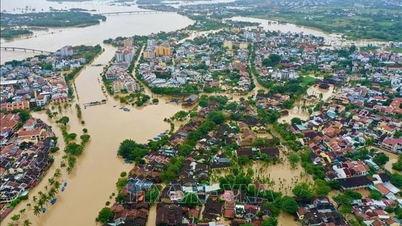




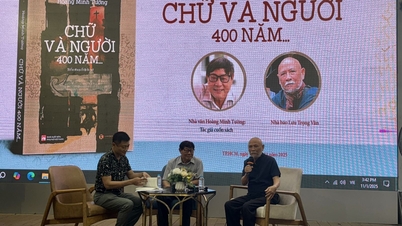




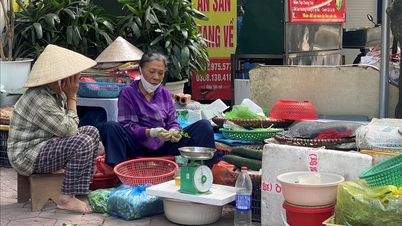




































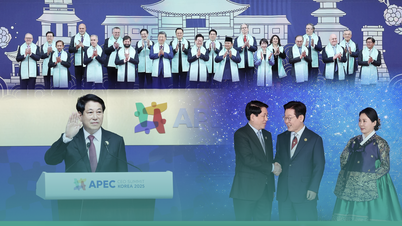








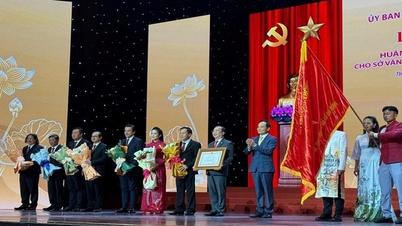
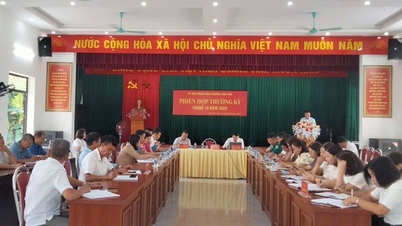




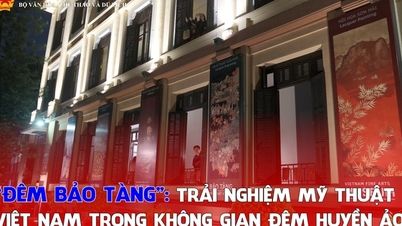
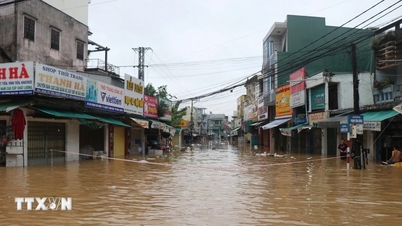
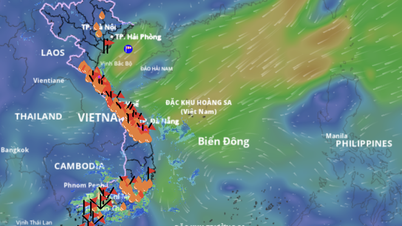






















Comment (0)